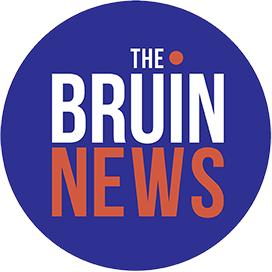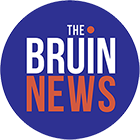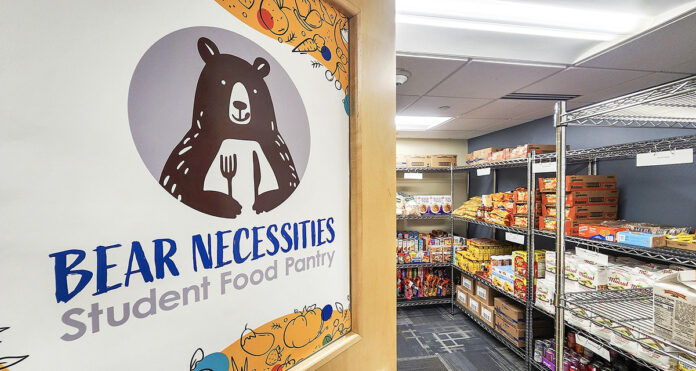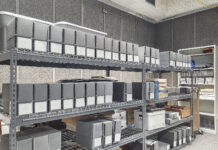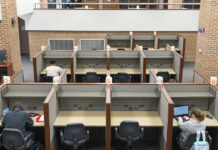College can be overwhelming—not just academically but, but emotionally, physically, and financially. That’s why Kellogg Community College goes above and beyond to meet students where they are, offering a range of resources that other institutions often keep quiet or tucked away. At KCC, there’s no shame in needing help. More importantly, no shame in accepting it. Basic human needs should not be taxed or hidden.
Walk through any halls of the KCC campus and you’ll find the subtle, yet powerful signs of a school that listens to its students. Free printing stations are conveniently located near classrooms, making it easier for students to manage their coursework without the added stress of tech fees. Feminine hygiene products are provided for free in many restrooms. These small but essential offerings meet a real need with zero strings attached.
Beyond the basics, KCC ensures support for health and dignity. Condoms are available for free, promoting safe and informed choices. Lactation rooms on campus provide privacy and comfort for nursing mothers: because mothers graduate too. These spaces reflect the college’s commitment to inclusion: not just for traditional students, but for parents, non-traditional learners, and anyone balancing school with life.
Another standout way KCC supports its students is by working to reduce textbook costs. Several professors have written or customized course-specific textbooks and workbooks for a little more than the cost of manufacturing. The bookstore frequently pushes students to buy and sell used books with their book buyback and sales. Additionally, laminated reference sheets are available for cheap if you need a quick guide. Not only does this save students hundreds of dollars, but it also ensures the content is tailored directly to the material being taught: no filler, no fluff, just what you need to succeed.
KCC also recognizes that learning doesn’t stop at the classroom door. Students have access to a variety of rental resources designed to enhance their academic and creative work. Library and conference rooms can be reserved for group projects, tutoring sessions, or presentation rehearsal, offering quiet professional spaces to refine skills and collaborate effectively. In creative programs like photography and digital media, instructors often provide access to high-quality equipment—such as cameras, lighting kits, and editing software, allowing students to explore their full potential with the financial burden of purchasing their own gear. Need a little pizazz or supplies to finish a project? You may be lucky and find a leftover bin with sparkles, paper, matting, or lamination sheets. These offerings ensure that all students, regardless of background, have the tools they need to succeed and experiment freely within their field.
Food security is another issue KCC tackles head-on. Students in need can turn to on-campus food banks, or access information about local food assistance programs through student services or shamelessly in public areas. Flyers and QR codes posted throughout campus direct students to discreet, helpful resources. Did you forget a meal while preparing for class? You’re covered. Basic snacks are available around campus. Whether it’s a bag of groceries or a list of nearby community aid programs, KCC ensures no student is hungry or unsupported. The only hunger they support is the hunger for learning more.
What truly sets KCC apart is the culture that surrounds these services. There’s no hush-hush approach. Staff members talk openly about the resources available. Professors encourage students to use them. Posters and emails normalize asking for help. It’s a refreshing change from the shame-based systems seen at some institutions—and one that acknowledges the reality of student life in 2025.
Looking ahead, there’s room for even more innovation. Students could benefit from expanded access to emergency mini-grants, professional clothing for interviews, or even subsidized public transportation passes. They even offer wellness kits during exam season with snacks, tea, stress balls, and resources for mental health. These go a long way in helping students succeed holistically. A student who asks is a student who is sure to find help. KCC has already shown they aren’t afraid to take the lead—additions would simply build a stronger foundation. Will you help with these innovations?
